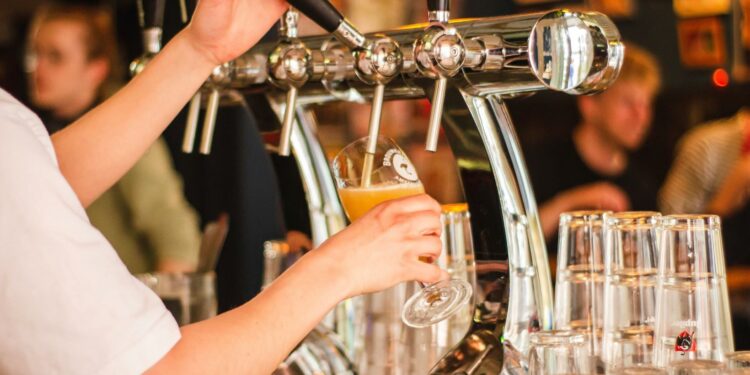Running a successful brewery today involves far more than crafting great beer. While quality and creativity are still the foundation, brewery owners face increasingly complex operations—from managing production schedules and inventory to marketing, distribution, and customer engagement. In this dynamic environment, integrating the right technology can make all the difference between smooth, profitable growth and operational bottlenecks.
One of the first challenges in managing a brewery is ensuring consistency in production. Technology can help automate and monitor the brewing process with precision. Advanced brewing systems now come equipped with digital controls that monitor temperature, fermentation, and batch timing, ensuring every pint meets your standards. Additionally, production software can help manage brewing schedules, ingredient usage, and equipment maintenance, reducing human error and optimizing workflow.
Inventory is another major consideration for any brewery. From hops and malt to kegs and packaging materials, keeping track of everything manually can quickly become overwhelming. Inventory management software provides real-time tracking of supplies, alerts for low stock, and forecasts based on past usage and seasonality. This kind of insight is critical to avoid costly stockouts or over-ordering, especially during peak demand periods.
Beyond production, front-of-house operations—especially in brewpubs or taprooms—benefit significantly from technology. Streamlining service not only improves the customer experience but also increases revenue and efficiency. This is where modern point-of-sale (POS) systems come in. A brewery isn’t just a place to make beer—it’s a place to serve it, promote it, and build community. Managing customer orders, rotating taps, food pairings, and merchandise sales all in one place requires a system built for speed and flexibility.
One such system that’s making a big impact is the Gloria Food brewery POS system. While originally designed for restaurants, its features are incredibly well-suited to the unique needs of breweries. The Gloria Food brewery POS system allows staff to take orders quickly, process payments from multiple channels, and keep track of every transaction. What makes it particularly appealing to brewery owners is its user-friendly interface, real-time data insights, and the ability to integrate online ordering. This is perfect for brewpubs that also offer food service or want to expand into delivery or pickup sales without using third-party platforms that eat into margins.
Operationally, the Gloria Food system can also support inventory tracking, helping you monitor what’s pouring the fastest and what’s sitting too long. You can analyze sales trends to plan future brews or promotions, sync with digital menus, and optimize staffing based on peak hours. The real-time reporting tools let you monitor your business from anywhere, which is essential for owners who split their time between the brewhouse and the office.
Another area where technology transforms brewery operations is customer engagement. Breweries thrive on community, and building relationships with customers goes beyond pouring pints. Loyalty programs, digital newsletters, and personalized promotions are all more manageable with the right CRM (Customer Relationship Management) tools. These can be integrated with your POS to keep track of customer preferences, birthdays, and purchase history, helping you offer a more personalized and memorable experience.
Marketing is another task that can be streamlined using technology. Scheduling social media posts, running email campaigns, or updating your website to reflect current tap lists and events can all be automated with various software platforms. By reducing the manual work involved in marketing, brewery staff can focus on events, collaborations, or customer service—where the human touch really counts.
Finally, consider how technology can assist with compliance and reporting. Many breweries are required to submit detailed reports on production, sales, and distribution. Using software that automates these reports saves time and reduces the risk of errors that could result in fines or penalties. From TTB (Alcohol and Tobacco Tax and Trade Bureau) compliance to state-level regulations, having accurate digital records is crucial.






























































